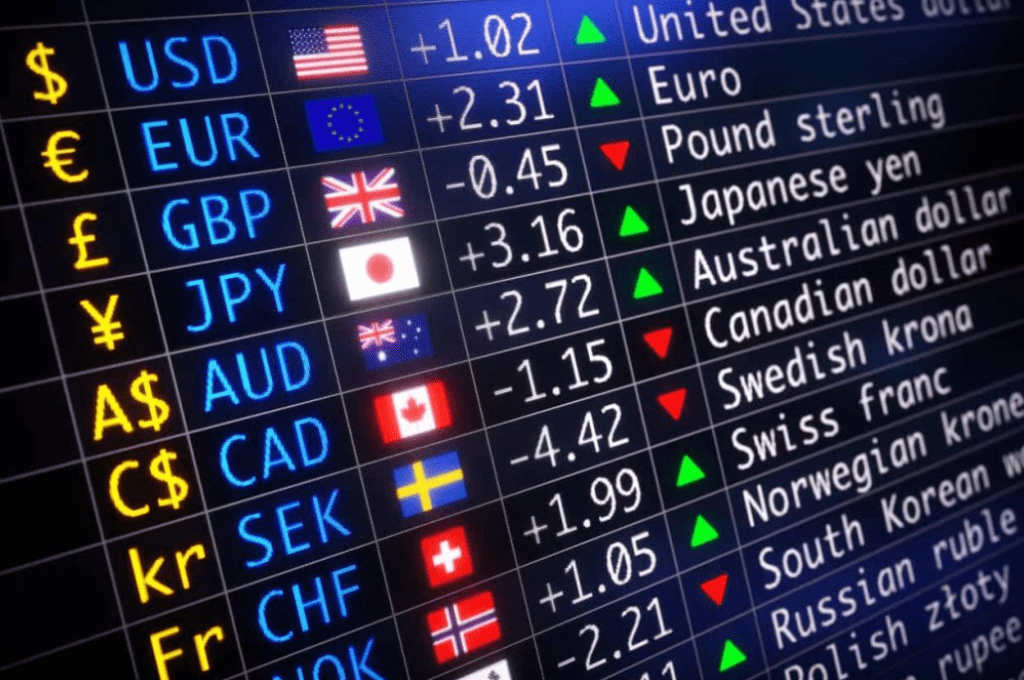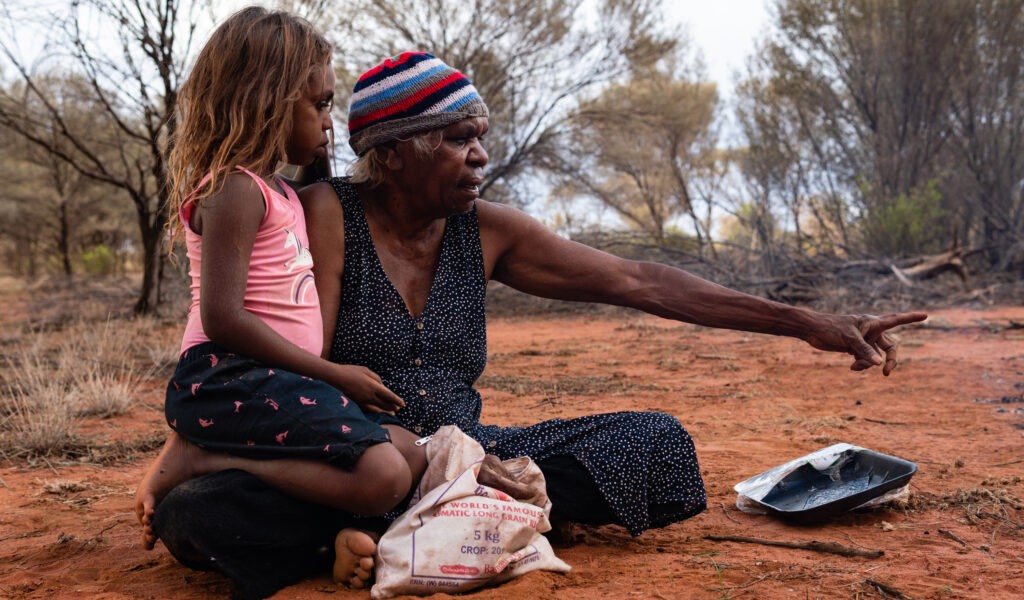The abrupt closure of My Forex Funds, a significant player in the world of proprietary trading, continues to send shockwaves throughout the industry.
The Commodity Futures Trading Commission (CFTC) made headlines last month after initiating legal proceedings against Murtuza Kazmi and his affiliated entities, collectively operating under the name “My Forex Funds.”
The allegations centre around fraudulent activities, where they are accused of enticing customers into leveraged, margined, or financed retail foreign exchange and leveraged retail commodity transactions.

The CFTC has since taken the matter to the U.S. District Court for the District of New Jersey, targeting not only Kazmi but also his associated companies, Traders Global Group Inc. (a New Jersey corporation) and Traders Global Group Inc. (a Canadian business organisation), both operating under the My Forex Funds banner.
The heart of the complaint revolves around the defendants’ purportedly deceptive marketing practices. They allegedly enticed customers with promises of becoming “professional traders” using Traders Global’s capital to trade against third-party “liquidity providers” and share in trading profits. However, it has come to light that Traders Global frequently acted as the counterparty in customer trades, instead of engaging third-party liquidity providers.
The defendants stand accused of employing a variety of tactics designed to minimize the chances of customers trading profitably. This included terminating customer accounts, imposing misleading commissions, executing orders at unfavorable prices, and actively disadvantaging successful customers to increase overall losses.
The CFTC claims that over 135,000 customers were lured into Traders Global’s trading program since November 2021, collectively paying an astonishing $310 million (USD) in fees. It is alleged that Kazmi utilised the proceeds from this fraudulent scheme to acquire luxury properties, vehicles, and transferred tens of millions of dollars into his personal accounts.
In response to these accusations, My Forex Funds has vehemently denied the claims, asserting they are “grossly inaccurate,” according to reports by Finance Magnates.
“To be clear, My Forex Funds has never defrauded its traders, and we look forward to presenting the truth in court. We regret the hardship that this ill-conceived lawsuit has caused our traders and our staff,” My Forex Funds wrote in a press release.
The aftermath of My Forex Funds’ demise has sent ripples throughout the sector. Many firms are now proactively making adjustments to prevent similar issues. These adjustments span various aspects, including risk management, trading strategy prerequisites, trader education, regulatory compliance, and the use of more engaging marketing language, aiming to rebuild trust and ensure long-term viability.
One notable adaptation by prop trading firms involves the incorporation of gamified language in marketing materials and communications. They now employ terms such as “simulated accounts” instead of “funded accounts” and “virtual profit targets” in lieu of “profit targets” to enhance user engagement. This linguistic shift presents trading as a form of a game while subtly obscuring its inherent risks. Critics contend that this practice blurs ethical boundaries, but prop firms argue that it effectively attracts new traders.
An intensified focus on risk management is another pivotal element of this transformation. Prop trading firms are implementing stringent risk controls, closely monitoring risk exposure, and providing comprehensive risk education to safeguard both their capital and traders. Traders are increasingly required to trade low-risk instruments like indices before gaining approval for currency trading, and firms are emphasizing clearer communication of margin requirements and limits.
To mitigate overexposure, diversification of trading strategies is actively promoted. Traders are encouraged to engage with multiple currency pairs across various timeframes, employing diverse analytical approaches. The adoption of a single strategy is seen as an increased risk, raising the potential for substantial losses that a firm might be unable to recover. Therefore, prop trading firms advocate combining technical and fundamental strategies.
In response to this, the provision of trader support and education has gained prominence. Prop firms are now more frequently offering access to experienced mentors, educational resources, and skill-building webinars. Recognizing that well-trained traders use funding judiciously, this educational focus also serves as a deterrent against reckless risk-taking.
Proprietary trading firms are ultimately adapting to a more regulated environment. This adaptation includes updating risk policies, enhancing transparency, and implementing stringent know-your-customer checks. While these compliance measures might be viewed as burdensome, they serve to build legitimacy and prevent issues like money laundering, with firms failing to meet these standards risking severe sanctions.
The prop trading industry, still relatively new and unregulated, is grappling with the lessons drawn from the My Forex Funds case and striving to elevate its standards. In this evolving landscape, it is imperative for traders to exercise thorough due diligence when selecting a prop trading firm, and the responsibility for maintaining ethical, sustainable practices lies jointly with both parties involved.

